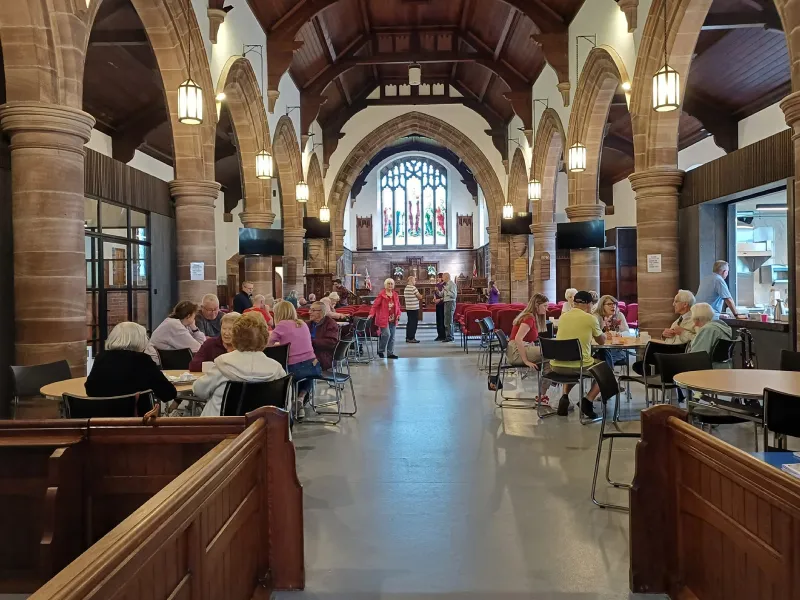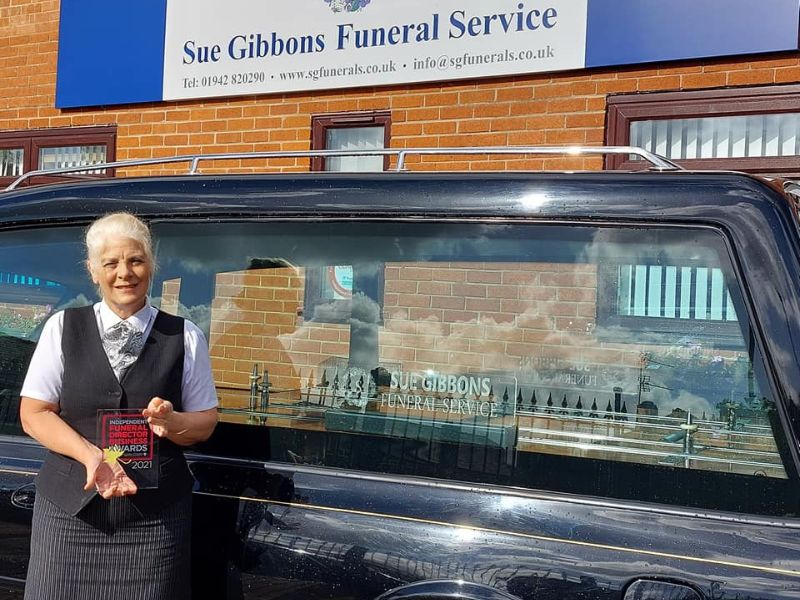
Advice for Children
Talking to Children About Death
Talking to children about death is a sensitive and challenging task, but it's crucial to address their questions and feelings in a supportive and age-appropriate manner. Here are some guidelines and resources to help navigate this difficult conversation:

Honesty and Age-Appropriate Communication
Be honest and use language that matches the child's age and level of understanding. Avoid euphemisms and provide clear, simple explanations. Encourage them to express their emotions through drawing or writing in a private diary where they can freely explore their feelings.

Creating a Safe Space for Expression
Create an environment where children feel comfortable expressing their emotions about death. Encourage them to ask questions and share their thoughts openly. Let them know that all emotions, whether sadness, anger, or confusion, are normal and valid.

Listening and Validating Feelings
Listen attentively to what children have to say about death and validate their feelings. Reassure them that it's okay to feel sad or upset, and avoid dismissing their emotions. Let them know that you are there to support them through this challenging time.

Providing Reassurance and Support
Reassure children that they are loved and cared for, and that they are not alone in their grief. Offer comfort and support, and encourage them to seek help from trusted adults if they need it. Assure them that their feelings will change over time and that it's okay to take as much time as they need to process their emotions.

Using Books and Resources
There are numerous books and resources available to help children understand and cope with death. Reading books together or watching age-appropriate videos can initiate discussions and provide comfort during this difficult period. Explore these resources together to facilitate understanding and emotional expression.

Seeking Professional Support
If children are finding it difficult to cope with the death of a loved one, or if you feel overwhelmed in discussing death with them, consider seeking support from a professional counsellor or therapist. Many organisations in the UK specialise in supporting families and children dealing with grief, providing counselling services and tailored support groups.
In the UK, several organisations offer valuable support and resources:
Child Bereavement UK
Provides counseling services, support groups, and resources to families and children coping with loss.
Winston's Wish
Offers practical support and guidance to children, young people, and families dealing with bereavement.
Cruse Bereavement Care
Provides counseling and support groups for anyone who has experienced the loss of a loved one.
Samaritans
Offers emotional support through a confidential helpline available 24/7.

